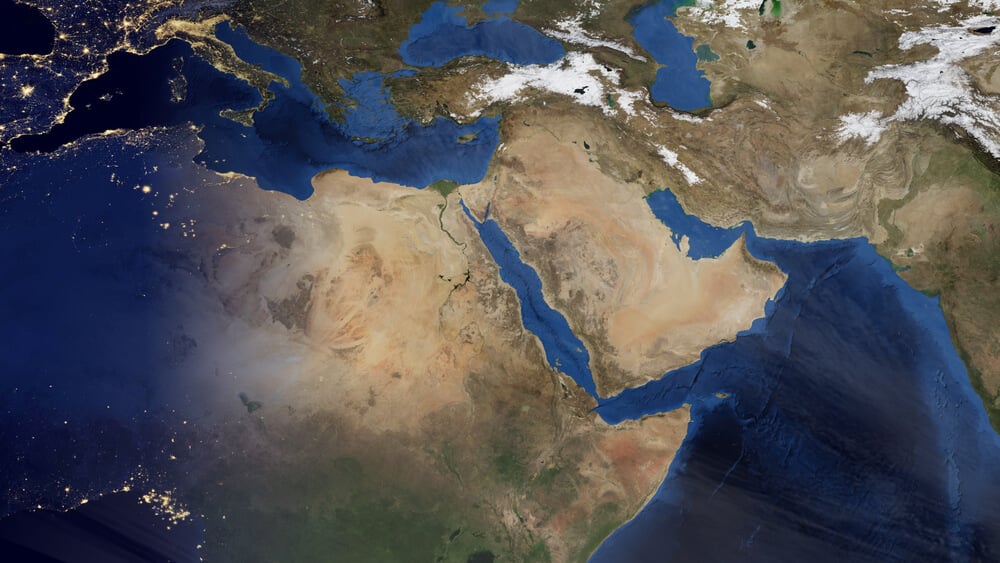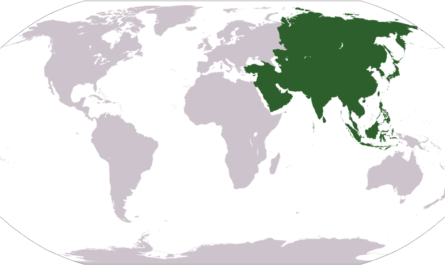
Ambitious renewable energy goals set by the UAE have not only been met but are expected to be exceeded by 2030, according to a recent report from the International Energy Agency (IEA). The report highlights the nation’s strategic investments and policies that have accelerated the development of renewable energy sources, particularly solar and wind power. With a commitment to diversifying its energy mix and reducing reliance on fossil fuels, the UAE is emerging as a leader in the global transition to cleaner energy.
The UAE’s commitment to renewable energy is reflected in its Energy Strategy 2050, which aims to generate 50% of its power from renewable sources by 2050. As part of this strategy, the country has made significant investments in solar energy projects, including the Mohammed bin Rashid Al Maktoum Solar Park, one of the largest solar facilities in the world. This project alone is expected to produce 5,000 megawatts (MW) of energy by 2030.
Recent developments in renewable energy projects across the UAE indicate that the nation is on track to surpass its previous targets. Notable projects include the Al Dhafra Solar Plant, which will produce 2,000 MW, and the upcoming Noor Abu Dhabi facility, already contributing significantly to the national grid. As these projects come online, the country is expected to achieve a substantial portion of its renewable energy goals well ahead of the 2030 deadline.
The UAE’s geographical advantages, including high levels of solar radiation, have facilitated the rapid expansion of solar energy projects. Furthermore, government initiatives to encourage private investments in renewable energy have fostered a competitive market, allowing innovative technologies to flourish. The IEA report underscores the impact of these policies, stating that the UAE is setting an example for other nations aiming to enhance their renewable energy capacities.
The report also notes the role of international partnerships in advancing the UAE’s renewable energy agenda. Collaborations with global entities and technology firms have enabled the transfer of knowledge and expertise, helping to establish a robust framework for renewable energy deployment. This includes partnerships with companies specializing in solar technology, energy storage solutions, and smart grid systems, which have proven essential for integrating renewable sources into the national grid.
The momentum behind the UAE’s renewable energy sector is further bolstered by its participation in international initiatives aimed at combating climate change. As a host of the upcoming United Nations Climate Change Conference (COP28), the UAE is expected to showcase its progress in renewable energy and its commitment to achieving net-zero emissions by 2050. The government’s proactive approach to addressing climate challenges positions the UAE as a key player in the global energy landscape.
Investment in renewable energy not only addresses environmental concerns but also contributes to economic diversification. The UAE has been historically reliant on oil revenues, but with the global shift towards sustainability, the government recognizes the importance of expanding its economic base. Investments in renewable energy are expected to create jobs and stimulate innovation, thereby supporting economic growth in the long term.
The IEA report further highlights the importance of energy efficiency in achieving the UAE’s ambitious renewable energy goals. Efforts to enhance energy efficiency across various sectors, including transportation, buildings, and industrial processes, are critical to reducing overall energy consumption and maximizing the impact of renewable energy sources. The UAE has introduced various regulations and incentives to promote energy-efficient practices among consumers and businesses alike.
Public awareness and community engagement have also played a vital role in the UAE’s renewable energy success. Initiatives aimed at educating the public about the benefits of renewable energy have fostered a culture of sustainability. The government has organized campaigns to encourage the adoption of solar energy in residential areas, and schools are increasingly incorporating sustainability into their curricula, further cultivating a future generation that prioritizes clean energy.



